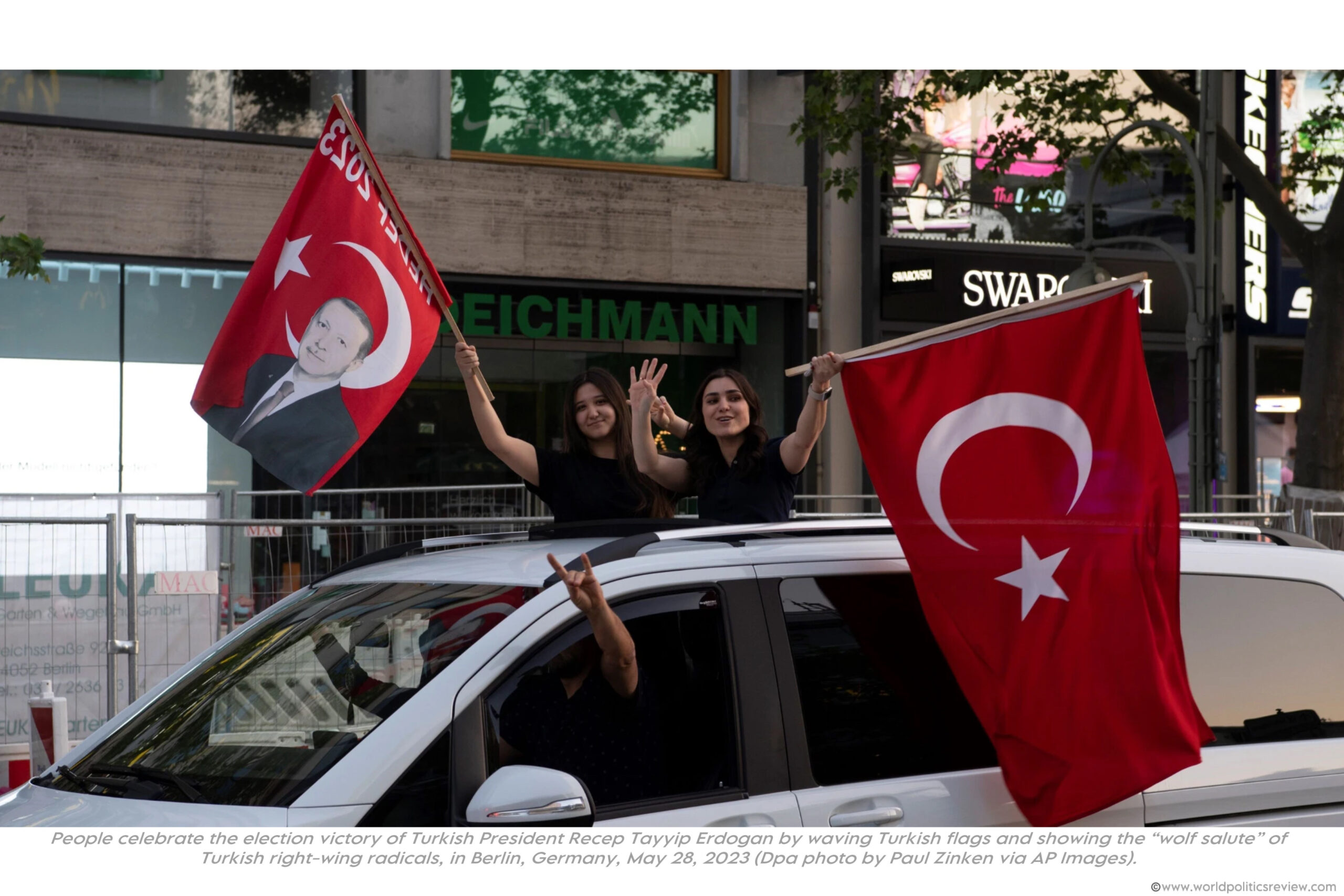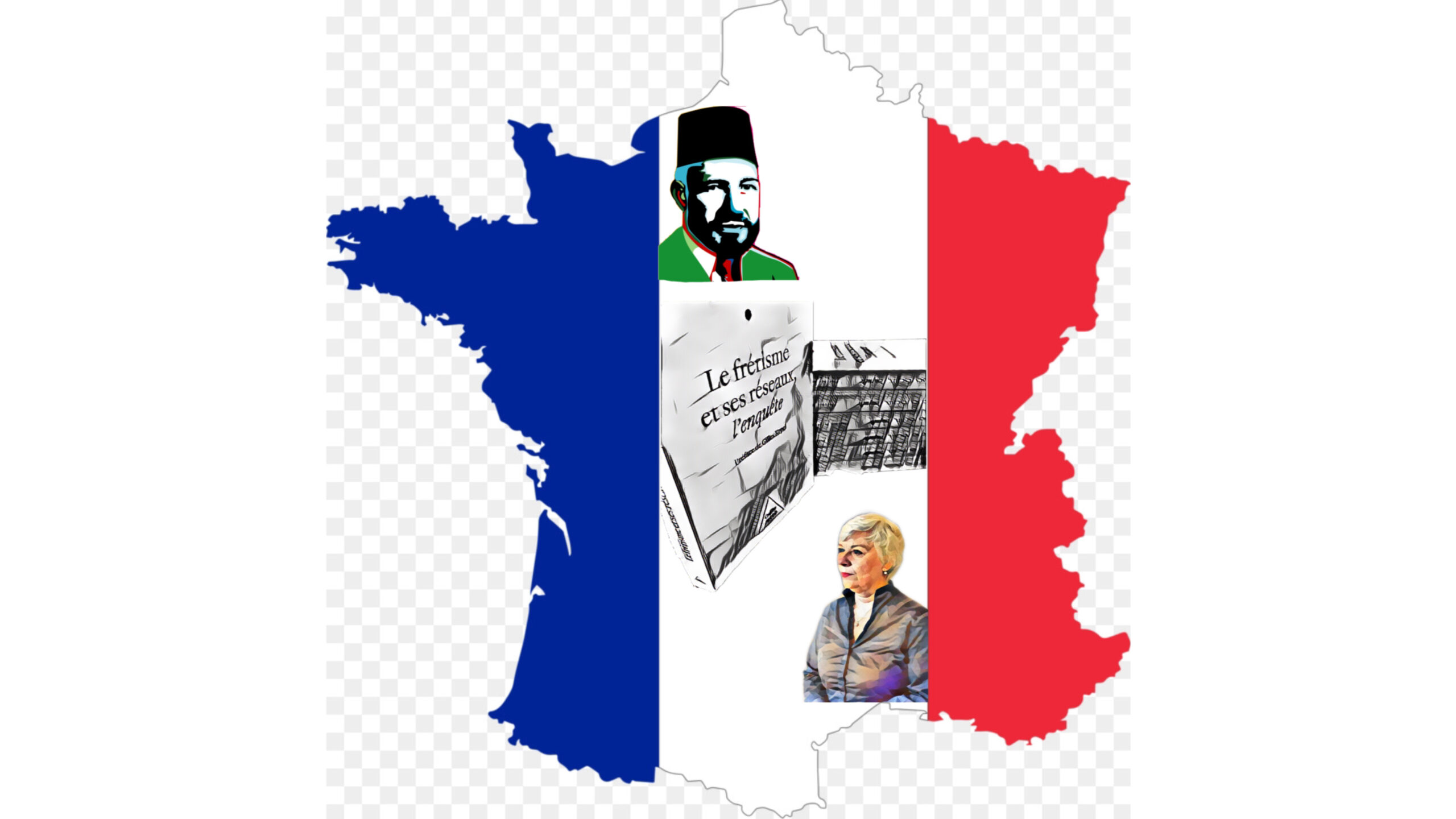On the 7th of March 2021, Switzerland – with a narrow majority of 51%[1] – voted in favour of approving a nationwide ban on full-face coverings. This sees Switzerland join the growing number of European countries to vote in favour of such initiatives, with France, the Netherlands, Denmark, Austria, and Bulgaria each having put in place full, or partial, bans on wearing face coverings in public.
The Islamic Central Council of Switzerland (ICCS) has called the result “a big disappointment for all Muslims born in Switzerland and who grew up here”[2] and it has “sent a clear message to the Muslim minority”. The secretary-general Farah Ulucay further stated that the vote has “succeeded in anchoring widespread Islamophobia in Switzerland in the constitution”[3]. The Council has added that it will seek to challenge the decision in court.
The politics behind the referendum
The proposal of the ban was put forward in 2016 by the Egerkinger Komitee, an advocacy group that includes members of the right-wing national conservative Swiss People’s Party (SVP). The SVP – who are considered to be the most successful right-wing populist party in Western Europe – have often campaigned under the slogan to “end extremism” and have more recently claimed to be organising against “the claims to power of political Islam in Switzerland” and “parallel societies” [4]. In a statement before the referendum, Walter Wobmann, the chairman of the referendum committee, and a member of parliament for the Swiss People’s Party said; “In Switzerland, our tradition is that you show your face. That is a sign of our basic freedoms. He also referred to face coverings as “a symbol of extreme, political Islam which has become increasingly prominent in Europe and which has no place in Switzerland” [5].
Despite the initial referendum proposal under the Swiss system of direct democracy not directly referencing Islam, local politicians, media, and campaigners have referred to it as the “burqa ban” or the “ban on the veil”. Further to this, and what has been pertinent about this referendum in particular, has been the timing within which it has taken place. In the midst of a global pandemic where hygiene masks and face coverings are mandatory in order to prevent further spreading of COVID-19, the paradoxical timing has not gone unnoticed [6]. Not only this, but a study conducted by the University of Lucerne revealed that almost no women wear the Burqa in Switzerland and only thirty women wear the niqab [7]. Consequently, this has reframed the referendum as a verdict on the visible role of Islam in public life and raised further questions regarding religious freedom and women’s rights.
However, this is not the first time that Islam has been included in a Swiss referendum, where the visibility of Muslims in Switzerland and public symbols of Islam have previously been subject to scrutiny. In 2004, a pair of referendums were held regarding the easing of citizenship for second and third-generation immigrants [8]. However, the SVPs strong mobilisation against this transformed these initiatives into “cultural referendums” on whether Muslims should be considered a part of the Swiss community. This notion was rejected by the majority of Swiss voters. Again, in 2009, Egerkinger Komitee and the SVP sought to ban minarets on the ground they were a symbol of political Islam [9]. Despite opposition from domestic Muslim organisations, church leaders from other religious groups and advice from the Government, 57.5% of residents votes to approve this ban.
The framing of Islam in media and politics as incapable of integration and an ideological, political, and security threat has been encouraged by political parties across Europe. Each of whom have a vested interest in creating what is commonly referred to as a “Muslim problem”. In Switzerland, this narrative has been a long-standing pillar of the SVP’s electoral strategy and contributed to many of its electoral victories.
Why the Burqa?
Following failed referendum attempts in 2016 to have “criminal foreigners” deported and to place Switzerland’s national law above international law [10], the demand for the “burqa ban” was seen as a way to regain for the SVP to gain back some political popularity. Using the burqa is not only suited to appeal to more traditionally conservative voters, but it also appeals to left-wing authoritarian circles. Concerning the former, veiled Muslim women have become the focus of much Islamophobic outrage across. Right-wing and more conservative politicians and media construct the narrative that veiled women are failing to integrate into society and are attempting to “Islamize” the Swiss public. Pro-ban posters for the referendum, for example, used this narrative and urged voters to approve the ban by depicting angry and fierce veiled women accompanied by phrases such as “Stop Extremism” or “Yes to a ban on face coverings” [11].
More left-wing circles (including some feminist and secularist groups) also see the appeal of banning the Burqa. Instead, the narrative here frames Muslim women as being victims of oppressive patriarchal and religious norms. By supporting the ban, some claim this will be “freeing” and “liberating” for Muslim women. For example, Imam Mustafa Memeti, from the city of Bern, said he supported the ban because it could help emancipate Muslim women in Switzerland [12]. However, Head of Women’s Rights at Amnesty International has argued: “carries the risk of stigmatising women belonging to an already marginalised group, centring stereotypes about people and increasing violence” [13]. Sanji Ameti, a member of the Swiss Muslim community echoes this sentiment. For her, the depictions of Muslim women are not only insulting, but it makes many feel “pushed into a corner where they don’t belong. We don’t look like these women in the photo” [14].
Whilst the burqa has been used by right-wing groups to enhance their upport across political groups in order to pass discriminatory initiatives against the Muslim community in Switzerland, Amnesty International has further stated “the veiling ban is not a measure for women’s liberation, but a dangerous symbolic policy that violates freedom of expression and religion” [15].
[1] https://www.bbc.co.uk/news/world-europe-56314173
[2] https://www.aa.com.tr/en/europe/swiss-vote-to-ban-face-coverings-in-public/2167928
[3] https://www.aa.com.tr/en/europe/swiss-vote-to-ban-face-coverings-in-public/2167928
[5] https://www.bbc.co.uk/news/world-europe-56314173
[9] https://www.nytimes.com/2009/11/30/world/europe/30swiss.html
[10] https://www.thejournal.ie/switzerland-referendum-deporting-foreign-nationals-crime-2630551-Feb2016/
[12] https://voi.id/en/news/37703/swiss-referendum-results-in-banning-burkas-and-niqab-in-public-places
[14] https://voi.id/en/news/37703/swiss-referendum-results-in-banning-burkas-and-niqab-in-public-places
Sources
https://www.bbc.co.uk/news/world-europe-56314173 https://www.aa.com.tr/en/europe/swiss-vote-to-ban-face-coverings-in-public/2167928 https://foreignpolicy.com/2021/03/10/switzerland-europe-burqa-ban-referendum-coronavirus-face-masks-egerkinger-komitee/ https://www.theguardian.com/world/2021/mar/07/switzerland-on-course-to-ban-wearing-of-burqa-and-niqab-in-public-places https://www.theguardian.com/world/2017/feb/12/switzerland-votes-immigrants-citizenship-rights-islamophobia https://www.nytimes.com/2009/11/30/world/europe/30swiss.html https://www.thejournal.ie/switzerland-referendum-deporting-foreign-nationals-crime-2630551-Feb2016/ https://en.qantara.de/content/burka-bans-in-europe-why-the-burka-is-so-important-for-right-wing-populists https://voi.id/en/news/37703/swiss-referendum-results-in-banning-burkas-and-niqab-in-public-places https://www.amnesty.org/en/latest/news/2021/03/switzerland-face-veil-ban-is-discriminatory-and-violates-womens-rights/






